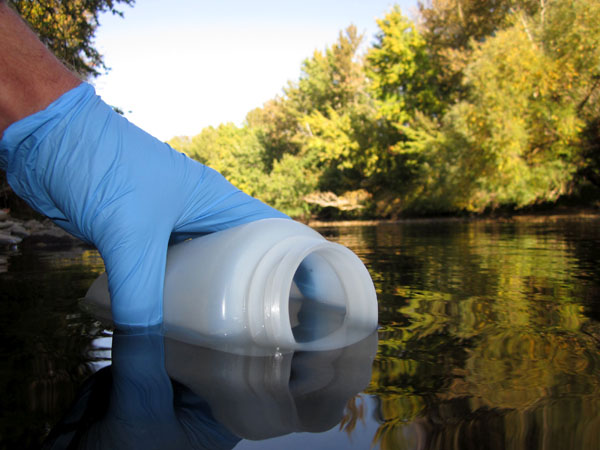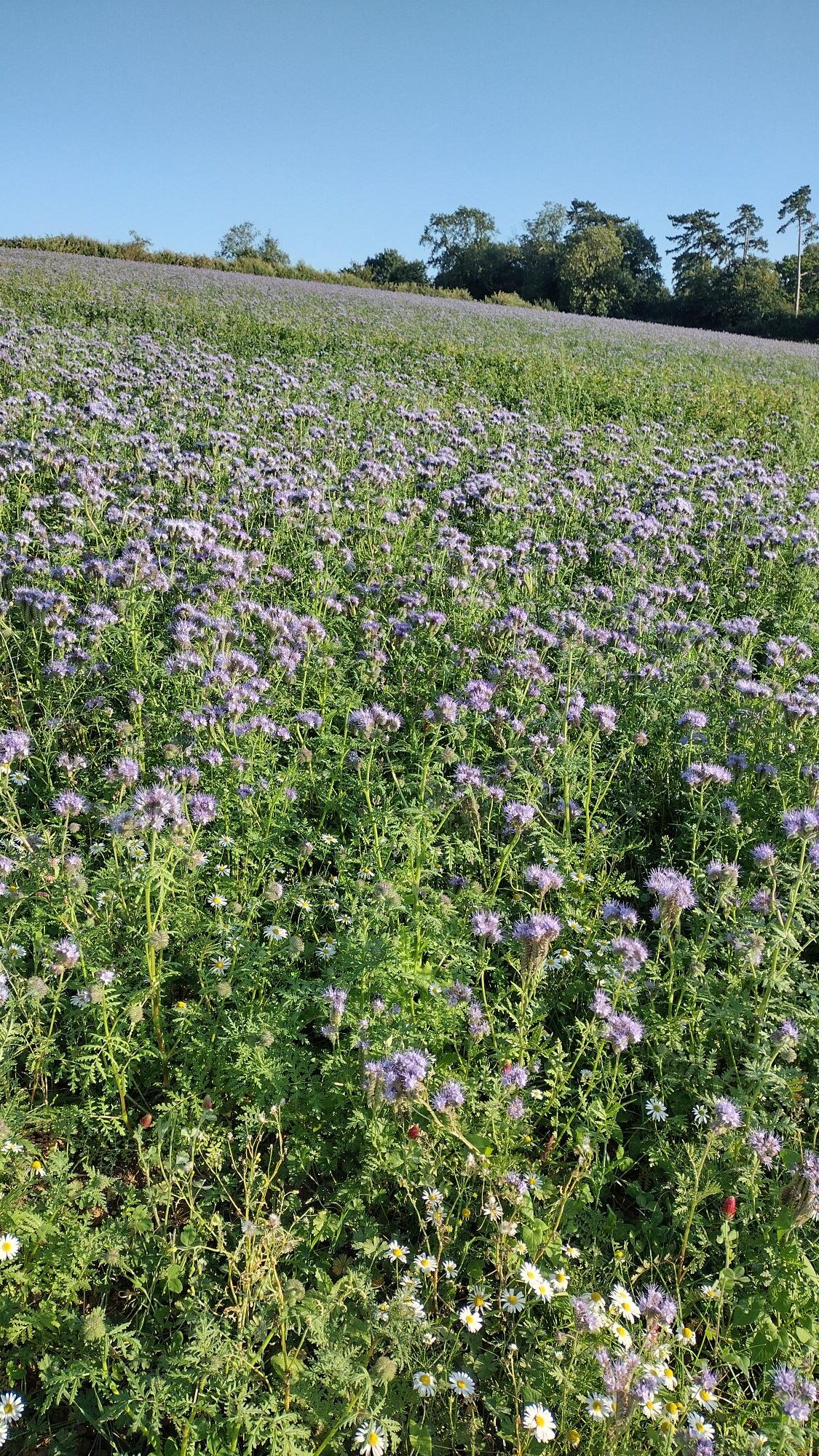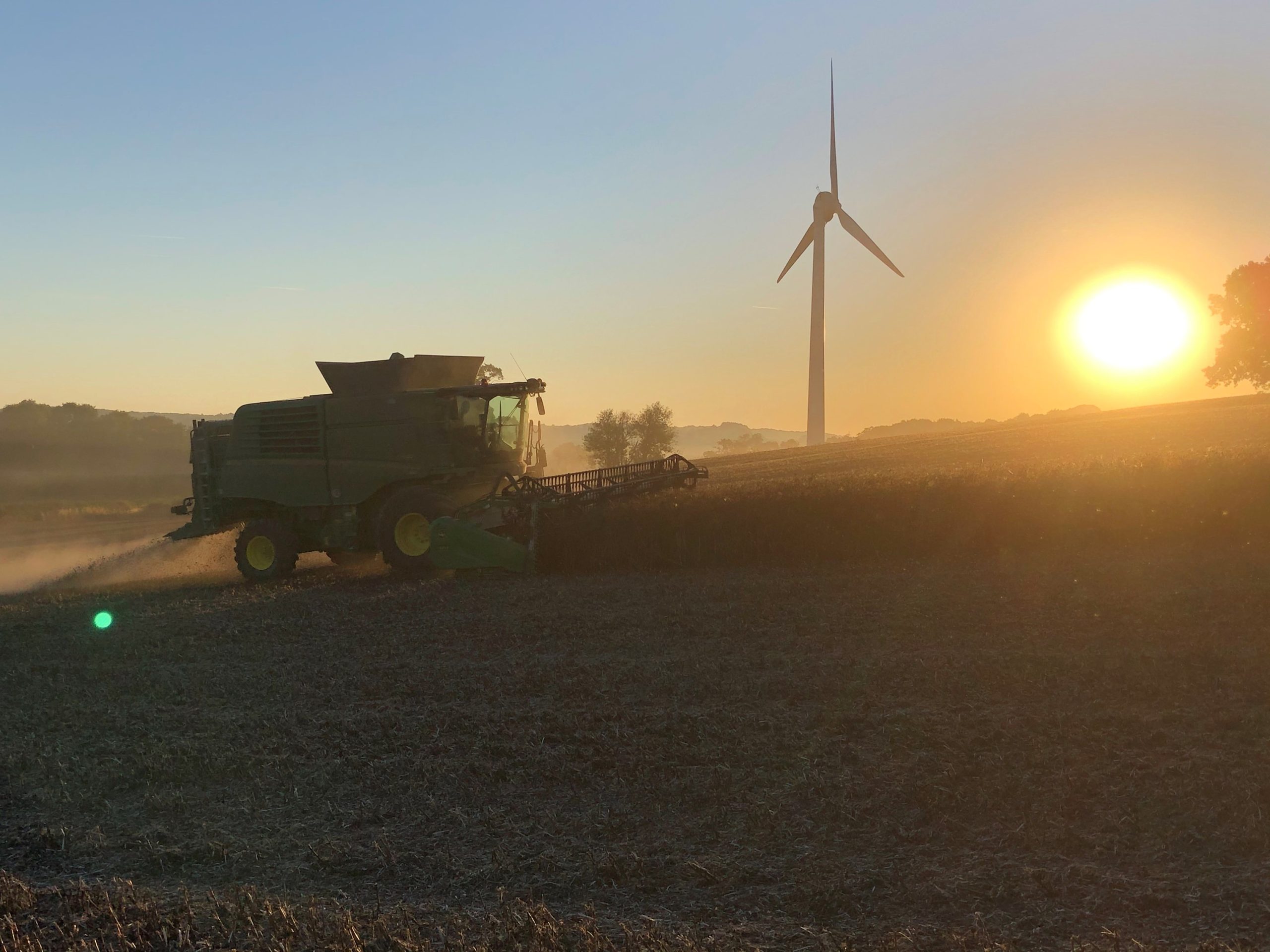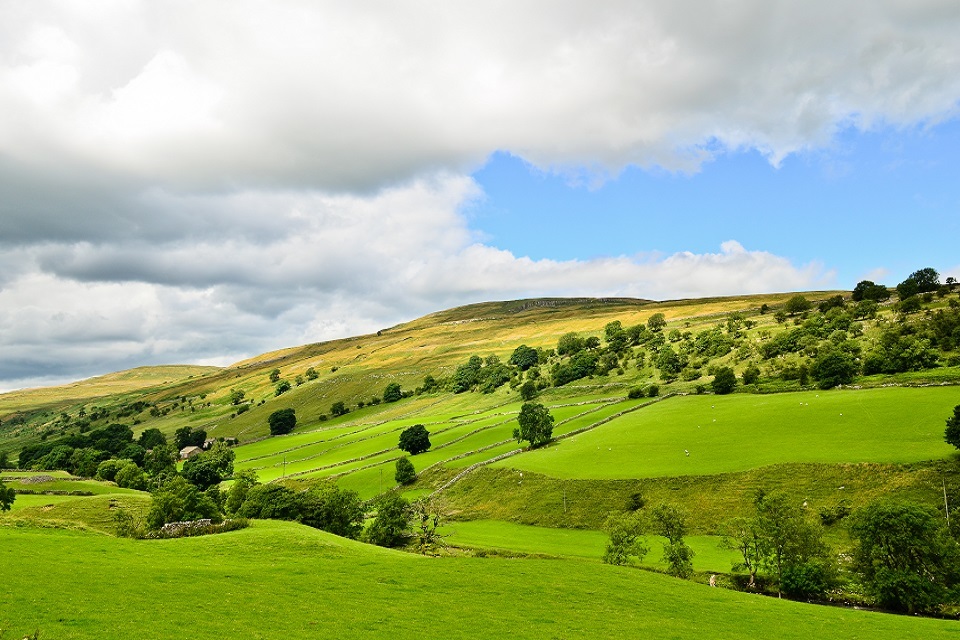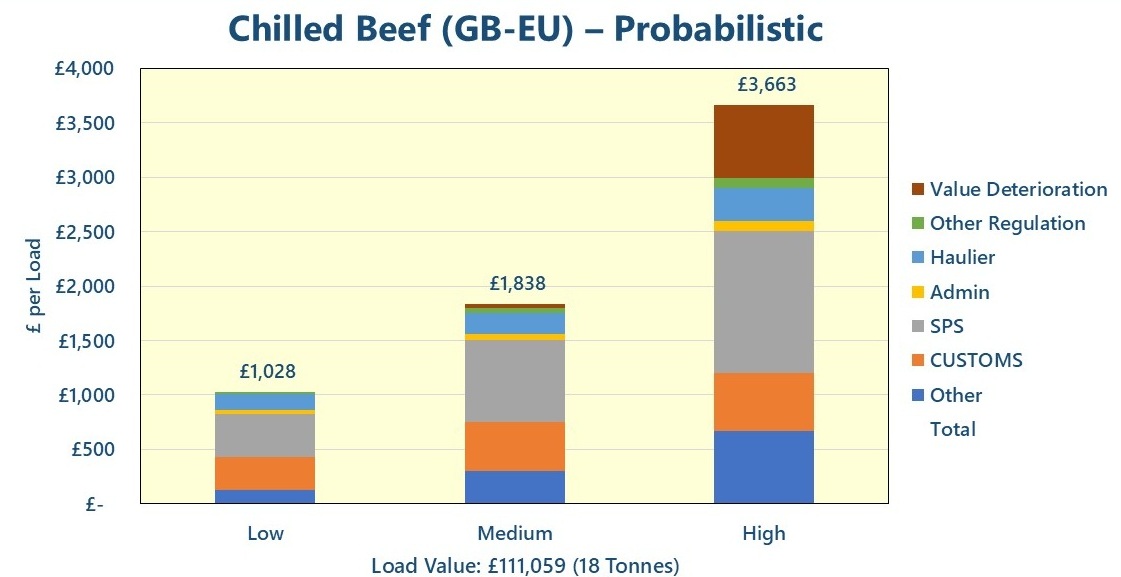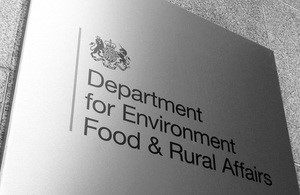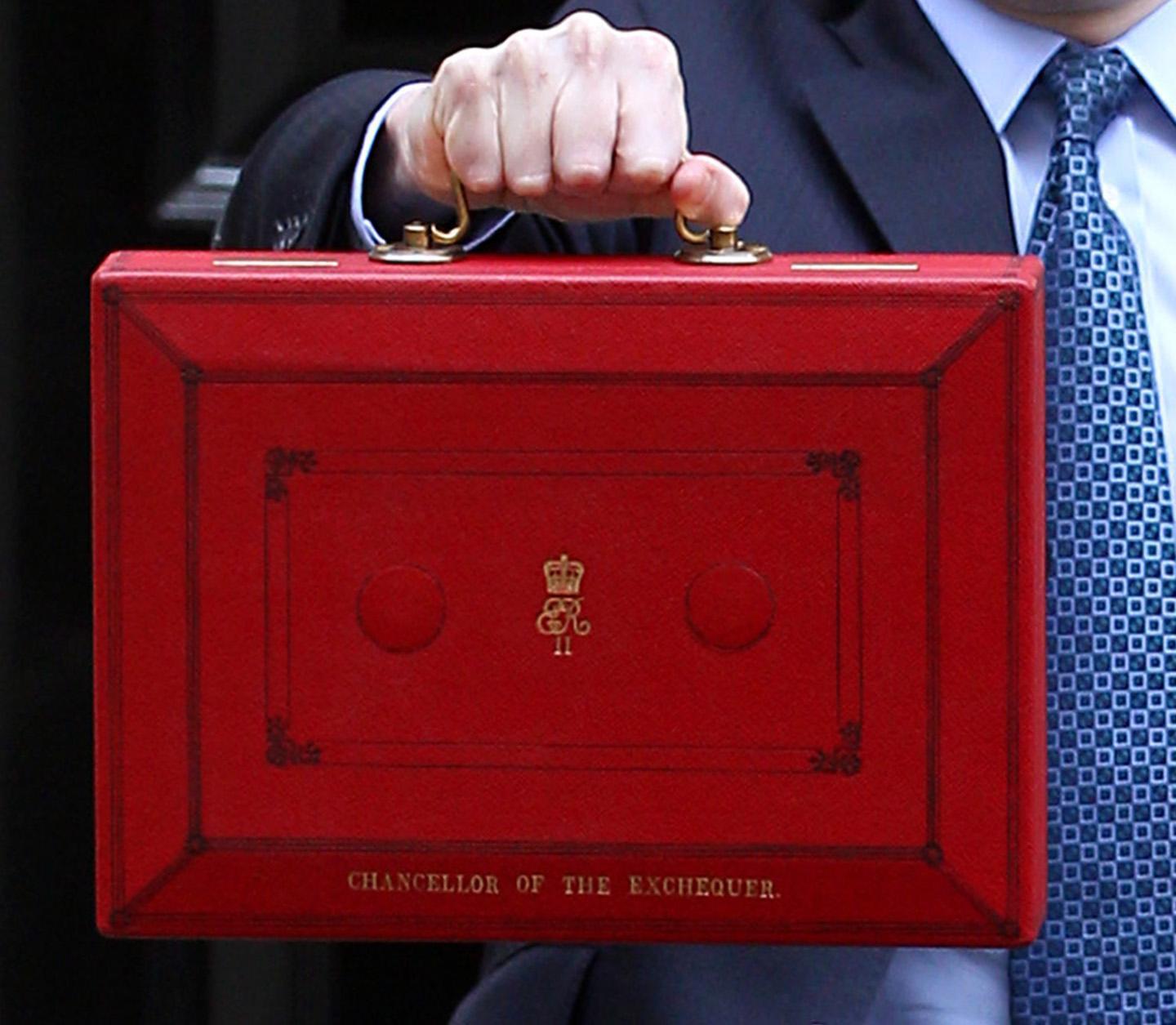Home > Policy & Business > Page 2
You need to be logged in to view this content. Please
Log In. Not a Member?
Join Us
Home > Policy & Business > Page 2
You need to be logged in to view this content. Please
Log In. Not a Member?
Join Us
Home > Policy & Business > Page 2
You need to be logged in to view this content. Please
Log In. Not a Member?
Join Us
Home > Policy & Business > Page 2
You need to be logged in to view this content. Please
Log In. Not a Member?
Join Us
Home > Policy & Business > Page 2
You need to be logged in to view this content. Please
Log In. Not a Member?
Join Us
Home > Policy & Business > Page 2
You need to be logged in to view this content. Please
Log In. Not a Member?
Join Us
Home > Policy & Business > Page 2
You need to be logged in to view this content. Please
Log In. Not a Member?
Join Us
Home > Policy & Business > Page 2
You need to be logged in to view this content. Please
Log In. Not a Member?
Join Us
Home > Policy & Business > Page 2
You need to be logged in to view this content. Please
Log In. Not a Member?
Join Us
Home > Policy & Business > Page 2
You need to be logged in to view this content. Please
Log In. Not a Member?
Join Us
